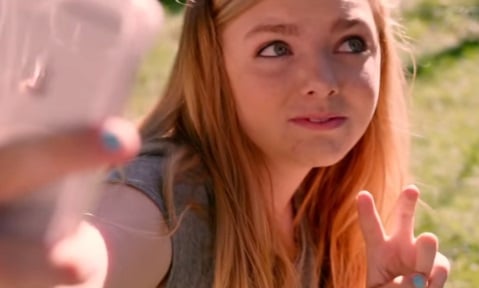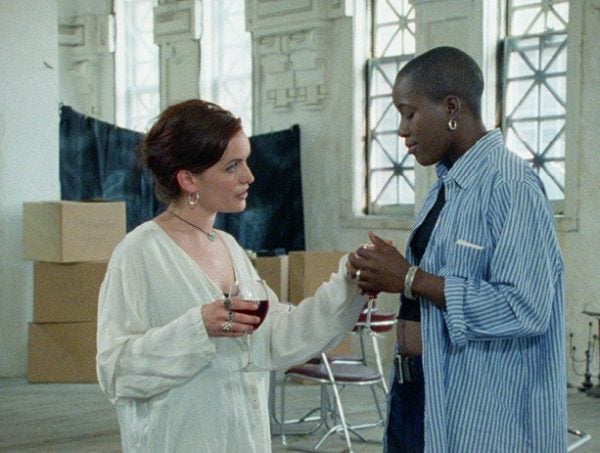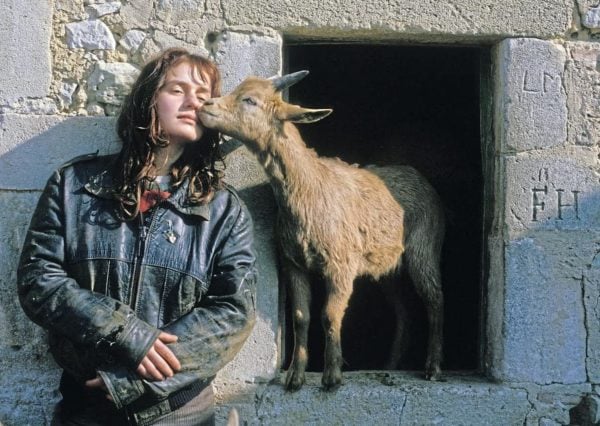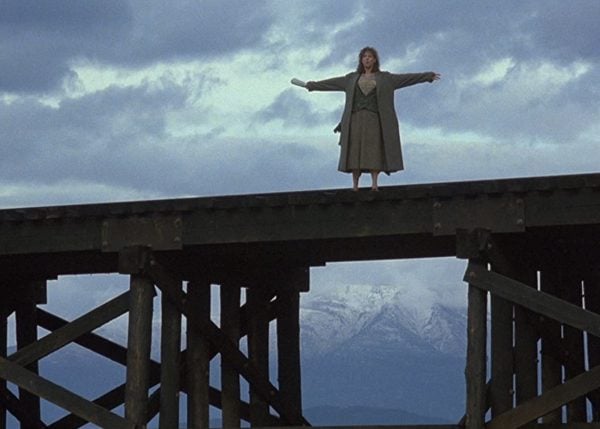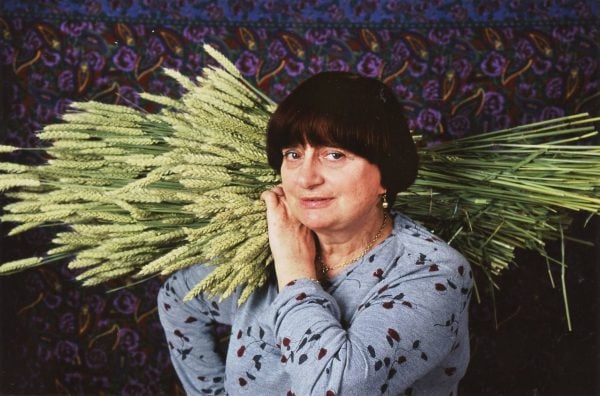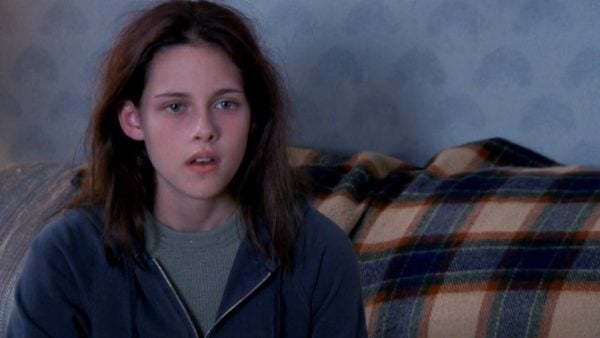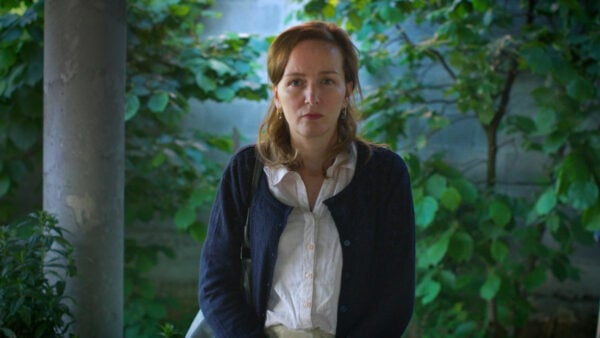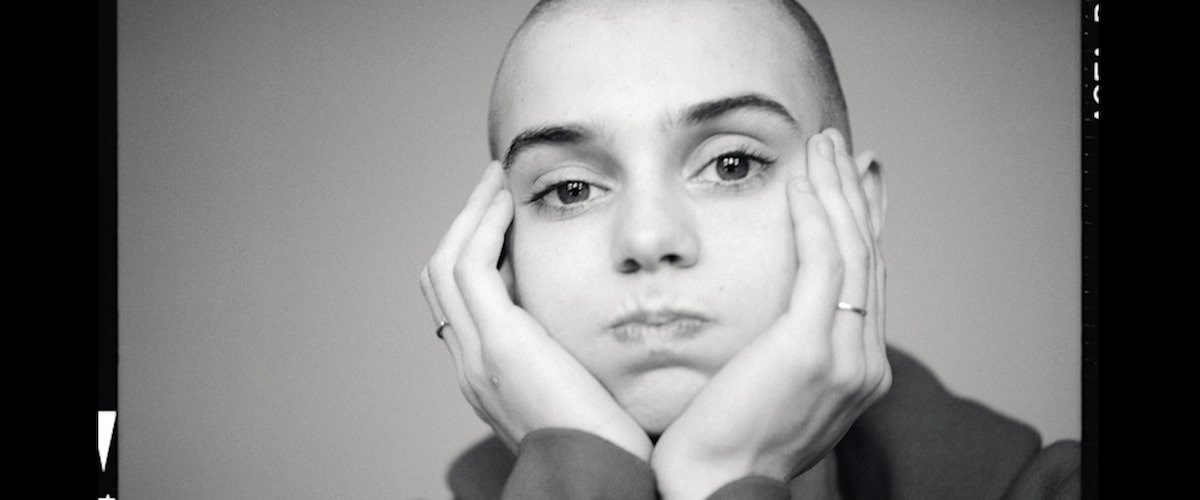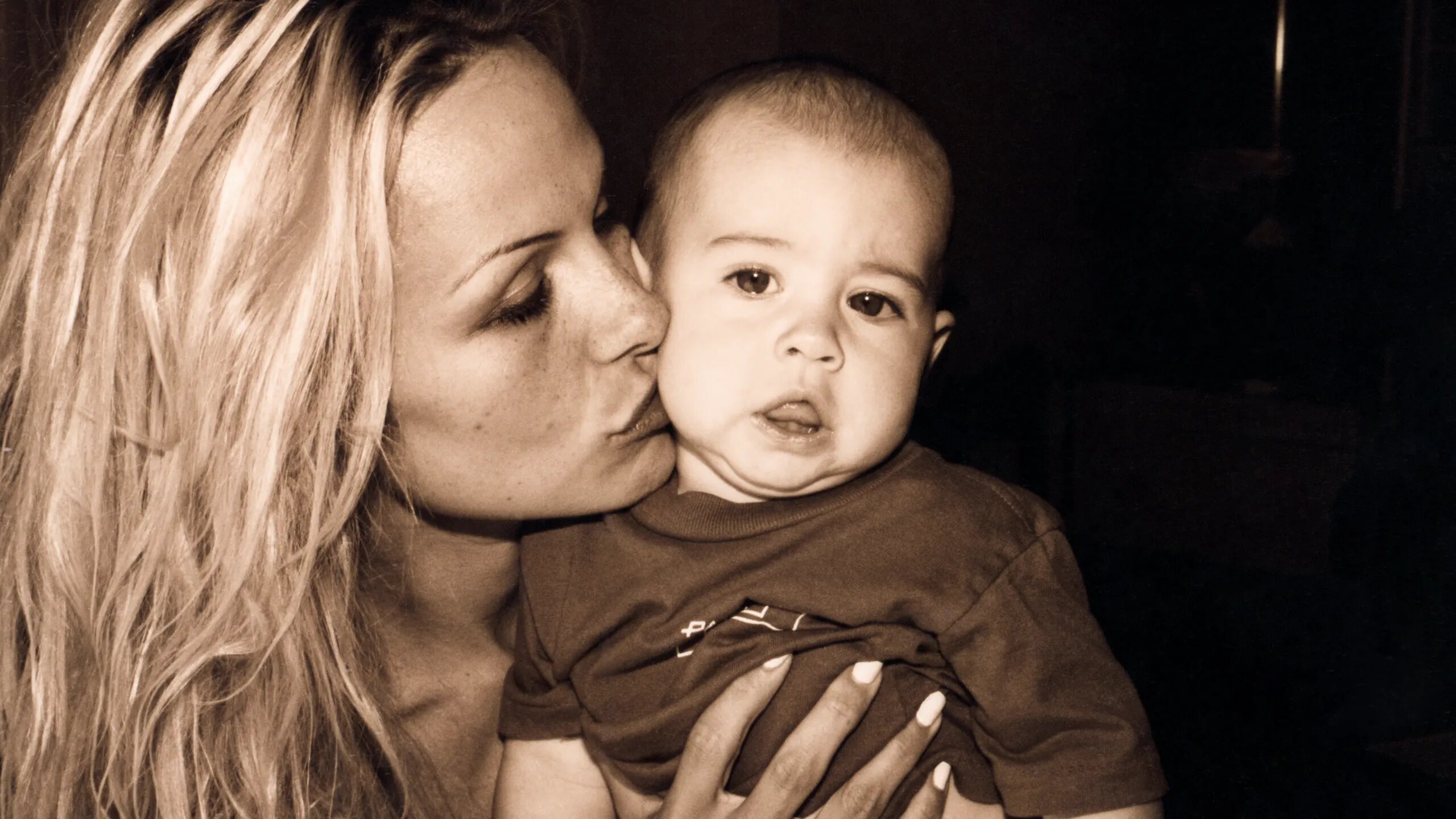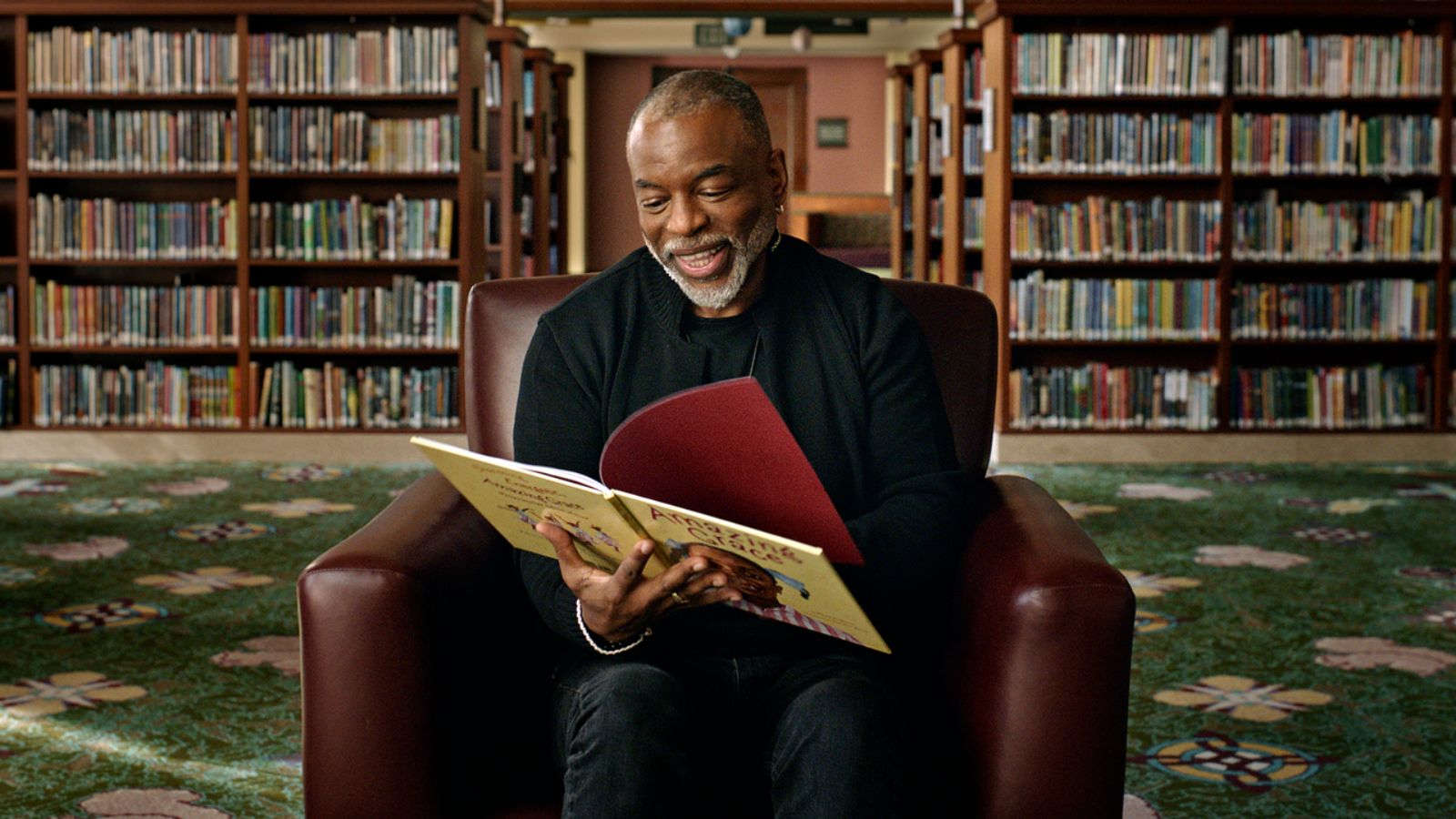
100 Best Films That Center Womens’ Experiences
April 15, 2025
Share:
It’s time to shine a spotlight on the stories that resonate with women from all walks of life. These ten extraordinary films not only put women front and center but also delve deep into their struggles, triumphs, and journeys of self-discovery. Get ready to be moved, inspired, and captivated as we explore the best films that beautifully capture the essence of women’s experiences. These powerful stories will leave an indelible mark on your heart and remind you of the incredible strength and resilience of women everywhere.
Read also:
81. Toni Erdmann (2016)
Genres
Director
Actors
Moods
Good movies usually aren’t lengthy movies, unless we’re talking about cases like Toni Erdmann. It’s a supremely smart German-Austrian comedy that depicts the story of a Father-Daughter tandem in light of life’s weirdest, most inconvenient moments. Deciding to visit his daughter on a whim after his dog dies, Winfried (Peter Simonischek)—a man known for his outrageous pranks and many a disguise—flies to Bucharest. Ines (Sandra Huller), the daughter, buzzing with work to the brim in a very challenging job, to say the least, isn’t impressed. This leads to even more uncomfortable encounters as the estranged father poses as the title character, life coach to the disapproving daughter’s boss. On top of being a shrewdly observed and relevant movie, the brilliant writing by Maren Ade crafts something thoroughly enjoyable and heartfelt here, highlighting the importance of family bond in an oddly sweet way, and criticizing modern-day work ethic and the toll its taking on us. The beginning is a bit slow, but if you’re a bit patient you will be surprised how much this movie will reward you.
82. Eighth Grade (2018)
Genres
Director
Actors
Moods
You live in a strange world. Or at least, that’s what the generation before you thinks. Eight Grade is a movie that follows a girl going through her generation’s strange world. Social media, selfies, Youtube; you name it. But also, the weight of her expectations (as shaped by the internet) versus her reality. Written and directed by famous comedian Bo Burnham, it’s a gentle and often funny look at our anxieties and how they shape our growth. Prepare for a lot of cringes.
83. The Watermelon Woman (1996)
Genres
Director
Actors
Moods
This drama was the first feature written and directed by an out Black lesbian, Cheryl Dunye, and it is an absolute joy: a cheeky faux-documentary that ingeniously blends lesbian dating life with a historical dive into Black actors in 30s Hollywood.
Dunye plays Cheryl, a self-effacing version of herself, an aspiring director working at a video store who begins to research an actress known as the Watermelon Woman for a documentary. The more Cheryl dives into her research, the more she sees parallels between her subject and her own relationship.
As incisive as it is funny, The Watermelon Woman shares some common ground with other major indie debuts of the era like Spike Lee’s She’s Gotta Have It and funnily enough Kevin Smith’s Clerks, but Dunye’s style is wholly her own and a dazzling treat to experience.
84. Vagabond (1985)
Genres
Director
Actors
Moods
Even before Agnès Varda pivoted to documentary filmmaking, she was a pioneer of French cinema. Her film Sans toit ni loi (Vagabond) is one of her most harrowing dramas.
Varda’s sensibilities as a burgeoning documentarian are apparent as the film opens on the corpse of a woman lying dead in a snow-covered ditch. Through flashbacks, we trace the titular vagabond’s steps to uncover how she ended up alone and dead. The camera follows its subject from a safe distance, as if tracking a wild animal. Alongside the woman, we hitchhike across the French countryside, encountering hostile men, treacherous winter weather, and occasional glimpses of hope, connection, and familiarity. Vagabond succeeds at portraying a complicated woman—Varda understood that women, above all else, are people, with dark interiors, difficult choices, and uncertain impulses.
85. Housekeeping (1987)
Genres
Director
Actors
Moods
Bill Forsyth, an acclaimed Scottish director best known for his films Local Hero and Gregory’s Girl, directs an underrated masterpiece with the 1987 drama Housekeeping. Adapted from Marilynne Robinson’s outstanding novel, Housekeeping is the story of two sisters, Ruthie and Lucille, who are orphaned and raised by their peculiar Aunt Sylvie.
As the young sisters grow apart, Ruthie gravitates toward her transient aunt. This is a movie about not quite fitting in—about feeling like your life exists just outside of modern time, somewhere off to the side of railroad tracks running over frozen water. Sylvie shows Ruthie that there is more to life than their small, cold town of Fingerbone. In fact, there is a whole world out there, calling to misfits like them.
Housekeeping is deftly directed, balancing both humor and tragedy. Christine Lahti’s performance is also, with no exaggeration, one of the greatest of all times, as she conveys so much of Sylvie’s yearning to go, go, go with as little as a glance toward the beckoning horizon.
86. The Gleaners and I (2000)
Genres
Director
Actors
Moods
Les Glaneurs et la Glaneuse (The Gleaners and I) is one of the late Agnès Varda’s great documentaries. The film follows “gleaners”—scavengers and collectors of discarded garbage or abandoned items—from the French countryside into the city. The first of Varda’s subjects recalls, “Gleaning, that’s the old way,” marking a clear distinction: old versus new, rural versus urban, wasted versus repurposed.
Fans of Varda will recognize the signature tenderness with which she approaches both her subjects and their objects. Those new to her work will be sure to find something familiar in this documentary: a film largely about loss, but which approaches its ideas of modernization and time with humor and lightness. Among the rubble, there is joy yet to be found—and in this documentary, there is a great comfort, too, to be gleaned.
87. Speak (2004)
Genres
Director
Actors
Moods
Kristen Stewart stars as Melinda, a girl entering the gauntlet of freshman year in high school who is also carrying a heavy secret: after suffering an assault over the summer at a party, she has become determined to speak as little as possible. Melinda’s subjective experience is presented without mediation, melodrama nor moralism, but rather as life through her eyes: teachers are puff-chested bullies; parents are mumbling, ephemeral strangers; whispering girls are talking about her, all the time. It is a realistic portrait of the inner life and experience of a young woman whose sudden introversion, academic decline, and loss of social connections appear to go completely unnoticed, while she struggles to process and unburden herself of the weight of trauma. It’s an empathetic story well-served by Stewart’s understated performance and the film’s quiet pace.
88. Zana (2019)
Genres
Director
Actors
Moods
Antoneta Kastrati’s debut feature film Zana follows Lume, who appears guarded and subdued as she goes about her daily routine: milking the cows, harvesting crops and flowers, hanging laundry out to dry. Part of Lume’s routine also includes visits to the doctor, accompanied by her mother-in-law and husband, who pressure her to conceive.
When conventional medical advice does not yield a viable pregnancy, Lume is brought to a witch doctor, and later a televangelist. The former suggests Lume may be cursed, while the latter insists she is possessed by a supernatural creature called a jinn. Lume appears largely apathetic, at least outwardly. But slowly, she starts to unravel—and with her undoing comes the reveal of the war that traumatized her.
Kastrati’s family drama has elements of horror, but the real terror here is psychological. It makes for an important exploration of a deeply patriarchal society that is only beginning to heal the collective traumas of a complicated war, and how its violence continues to ripple through time and into domestic life.
89. Nothing Compares (2022)
Genres
Director
Actors
Moods
Nothing Compares weaves a poignant story about one of the most misunderstood artists of our time, Sinéad O’Connor. The iconoclast first made waves in the ’80s with her catchy music, but she quickly reclaimed the reins of her own fame and used her platform to champion marginalized causes, long before pop stars were expected to do so.
The documentary zeroes in on this part of O’Connor’s life: what prompted her to music and how she used it as a tool of activism. The answers are multi-faceted and handled here with extreme grace. Like the many from her generation, O’Connor struggled with religion and abuse, such was the Catholic Church’s hold on Ireland at the time time.
The film contextualizes her once-shocking moments and reveals how they were all grounded on things she cared about. It’s a beautiful piece of work that reassesses and redeems a wronged artist who was ahead of her time.
90. Pamela: A Love Story (2023)
Genres
Director
Actors
Moods
I love when a misunderstood woman reclaims her narrative with her own words, and that’s exactly what Pamela: A Love Story is too, a tell-all documentary told by Pamela Anderson herself.
The documentary bares it all—the scandalous sex tape, Anderson’s troubled past, the disgusting misogyny that continues to tarnish her career. She even touches on the Hulu miniseries made about her demise (which Netflix must feel so smug about). But this isn’t a pity party. Just the opposite, the documentary is a testament to resilience. “My life is not a woe-is-me story,” Anderson says at one point, and truly, this is an inspiring and humanizing story about a woman taking charge of her own life. An absolute must-see.
Comments
Add a comment
Ready to cut the cord?
Here are the 12 cheapest Live TV streaming services for cord-cutting.
More lists
Lists on how to save money by cutting the cord.
Curated by humans, not algorithms.
© 2025 A Good Movie to Watch. Altona Studio, LLC, all rights reserved.

